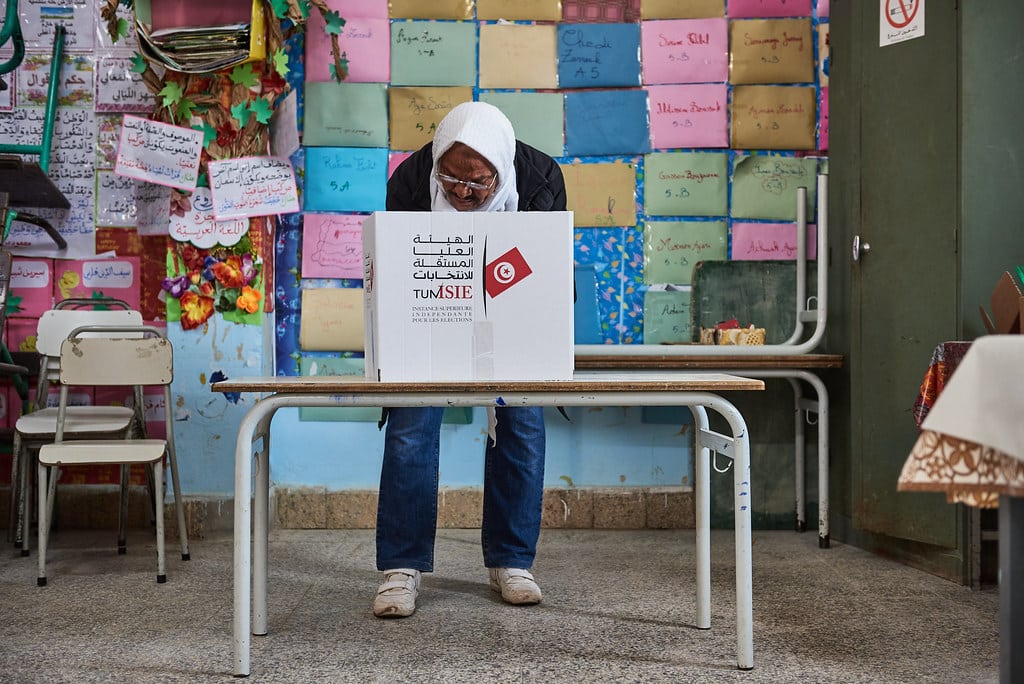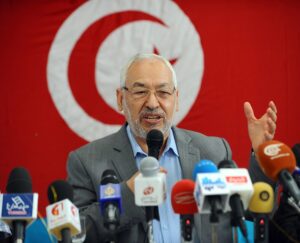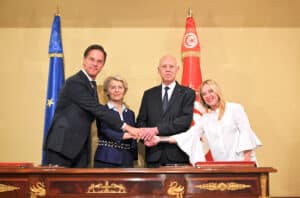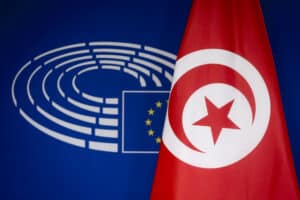The first-round of Presidential elections on 15 September proved to be a major victory for two anti-establishment candidates. Namely Kaïs Saïed, who received 18.8% of the votes and Nabil Karoui, who came second with 15%, after two-third of the votes were counted. The current Prime Minister Youssef Chahed finished as fifth with 7,4% of the votes. With no candidate receiving more than 50 percent of the votes, a second run-off round is needed.
As expected, the elections showed that many citizens have lost faith in the current government and the democratic system. With turnout rates as low as 45 percent compared to 64 percent in 2014, and two anti-establishment candidates progressing to the second round, the latest elections can be seen as a continuation of the country’s rocky path towards democracy. Kaïs Saïed’s win has come as a huge surprise, while the elections – with 26 candidates participating – were hard to predict. Many had seen Abdelkarim Zbidi or Abdelfattah Mourou as more serious contenders, although Kaïs Saïed did receive good results in pre-elections polls. It seems even political experts have underestimated the magnitude of the anti-government sentiments. With many expecting at least Mourou (Ennahdha) or Zbidi (supported by Nidaa Tounes) to progress, they respectively finished 3th and 4th in the elections results. Meanwhile Nabil Karoui is still imprisoned, amid accusation of money laundering and tax evasion. The candidate of Ettakatol, Democratic Forum for Labour and Liberties, Elyes Fakhfakh (candidate nr.18), will most likely end up 16th, with 0,4% of the votes.
Fair and safe elections
The elections were held amid security concerns due to recent terrorist attacks. Therefore, around 70.000 police officers were deployed to ensure safe and credible elections, with 50.000 police officers solely dedicated to polling stations. Some stations stayed open until 6 pm, while others had to close two hours earlier due to security reasons. Sofien Laabidi, a member of the Independent High Authority for Elections (ISIE) revealed they did not receive reports concerning any violations which affected the elections results. Margaret Patricia Curran of the International Republican Institute, described the presidential elections as “excellent”. “The violations recorded during the election silence period and on election day were minor and could not influence the election results,” she added. Farouk Bouasker, Vice-President of the ISIE, put forward three possible dates for the second round of the presidential vote: September 29, October 6 or October 13. These dates are dependent on the developments of Karoui’s legal process, with the ISIE stating that they will choose the furthest date in case of an appeal.
Sources: Dailysabah Aljazeera TAP1TAP2



